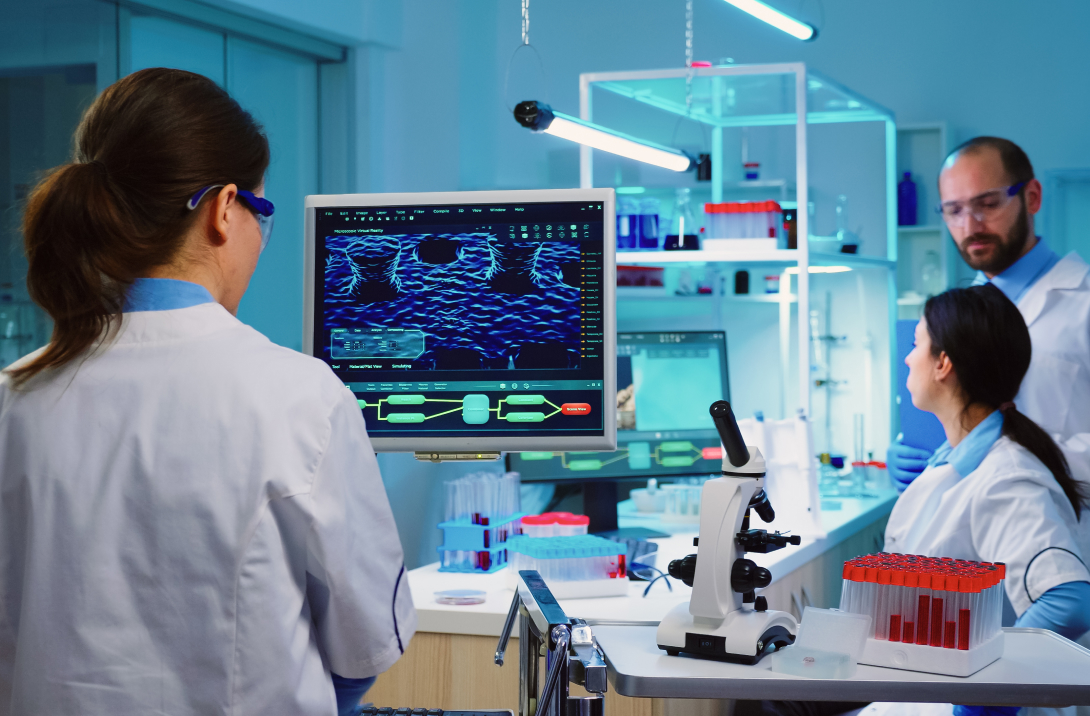
Medical Technology’s contribution to the advancement of healthcare
The healthcare industry is continually advancing with the integration of cutting-edge medical technologies. These advancements aim to enhance the efficiency, safety, and quality of patient care. Medical technologies are products, services or solutions used to save and improve people’s lives. It contributes to sustainable healthcare. Through innovative devices and diagnostics, the industry delivers value to patients, healthcare professionals, and healthcare systems and society.
Predictive Maintenance
Predictive maintenance involves monitoring the health of medical equipment in real-time using advanced analytics and IoT technologies. It is used to predict potential failures, schedule timely maintenance, reduce downtime, and minimize repair costs, ensuring critical devices are always operational.
Asset Management
Asset management uses RFID and BLE technologies to track the location and status of medical equipment. It provides real-time visibility into asset utilization, streamlines inventory management, and reduces the risk of asset loss or misplacement.
Hospital Staff Distress and Safety Systems
These systems protect hospital staff from occupational hazards and ensure swift response in emergencies. They include:
- Personal Alarm Systems: Wearable devices for distress signaling.
- Real-Time Location Systems (RTLS): Track staff locations for safety and quick assistance.
- Automated Safety Protocols: Integrated safety protocols in hospital IT systems for compliance and rapid action.
Intelligent Management of Medical Waste
Intelligent waste management solutions ensure safe and hygienic disposal of medical waste. They include:
- Smart Waste Segregation: Automated sorting of medical waste at disposal points.
- Waste Tracking: Real-time tracking from generation to disposal to reduce contamination risks.
- Data Analytics: Optimize waste management processes and reduce environmental impact.
Diagnostics & Imaging
Advanced diagnostics and imaging technologies enhance the accuracy and speed of medical diagnoses. These include:
- Digital Imaging: High-resolution imaging systems for precise diagnostics.
- AI Integration: AI algorithms analyze imaging results and detect anomalies quickly.
Medical Devices
Innovative medical devices improve patient care and treatment outcomes. Examples include:
- Advanced Monitoring Devices: Continuous monitoring of patient vitals.
- Smart Surgical Instruments: Precision tools for minimally invasive surgeries.
Wearable Technology
Wearable technology provides continuous health monitoring and patient data collection. This includes:
- Health Trackers: Devices that monitor heart rate, activity levels, and other health metrics.
- Remote Monitoring Devices: Wearables that allow doctors to monitor patients’ health remotely.
Telehealth Solutions
Telehealth solutions offer remote medical consultations and care. They include:
- Telemedicine Platforms: Online systems for remote doctor-patient consultations.
- Mobile Health Apps: Applications that facilitate remote diagnosis, treatment, and follow-up care.
Harmony is committed to driving innovation in the healthcare sector with advanced medical technology solutions. Embracing modern technologies improves operational efficiency, enhances patient outcomes, and maintains high standards of safety and hygiene. Transforming healthcare processes through advanced medical technologies leads to excellence in medical care and management.

